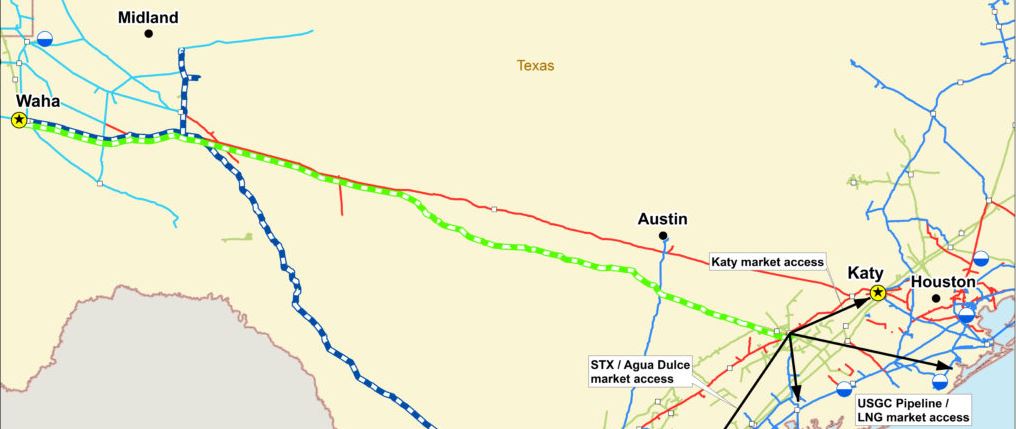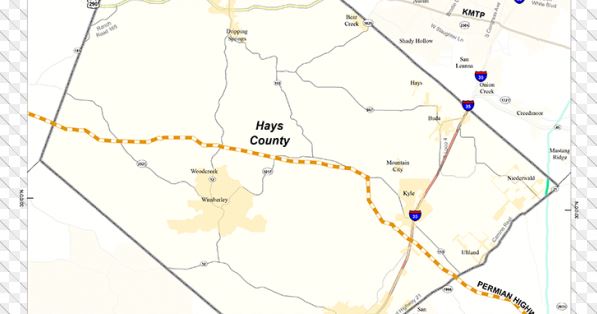The US Supreme Court has agreed to hear Devillier v. State of Texas, Docket No. 22-913, a suit by the Devilliers and others to recover for damages to their land caused by the State.
The facts are described in the Devillier’s Petition for Writ of Certiorari:
This case arises out of a series of inverse-condemnation cases filed in Texas state courts, all alleging that a Texas highway project had caused widespread flooding. The flooding was no accident: In an effort to make sure that the eastbound lanes of Interstate Highway 10 (“IH-10”) would be available as an evacuation route in the event of a flood, the Texas Department of Transportation raised the highway’s elevation, added two additional lanes, and installed a nearly three-foot “impenetrable, solid concrete traffic barrier on the highway’s centerline.” The median barrier worked as intended, creating a weir that barricaded rainfall on the north side: water that would otherwise have flowed south into the Gulf of Mexico stopped deat at Highway 10. Texas’s plan worked, at least in that it ensured that part of the road remained navigable even in flood conditions. But it was not without cost. Keeping the south side of IH-10 dry meant keeping the north side of IH-10 wet and, in times of heavy rainfall, flooded entirely.
 Oil and Gas Lawyer Blog
Oil and Gas Lawyer Blog




